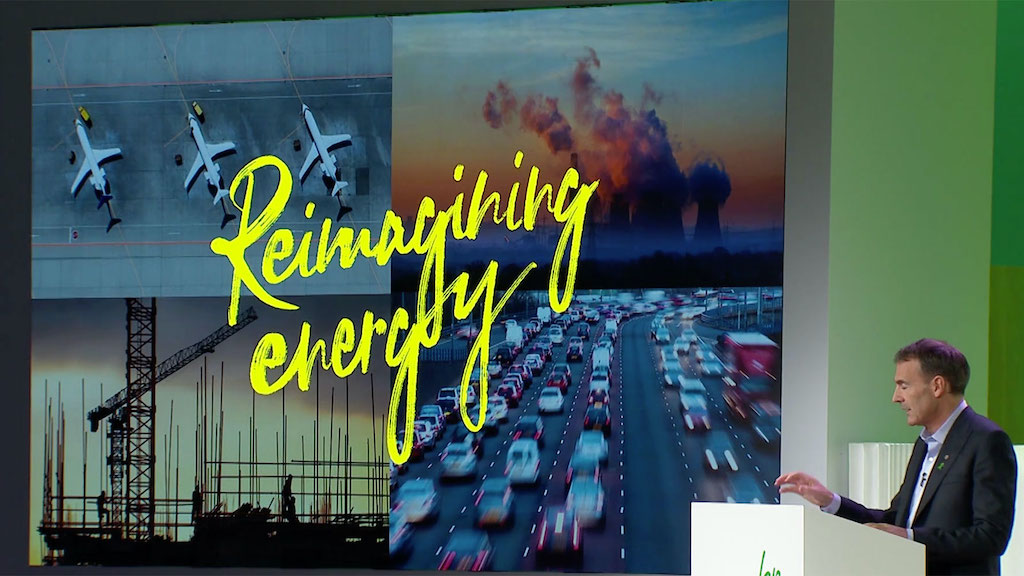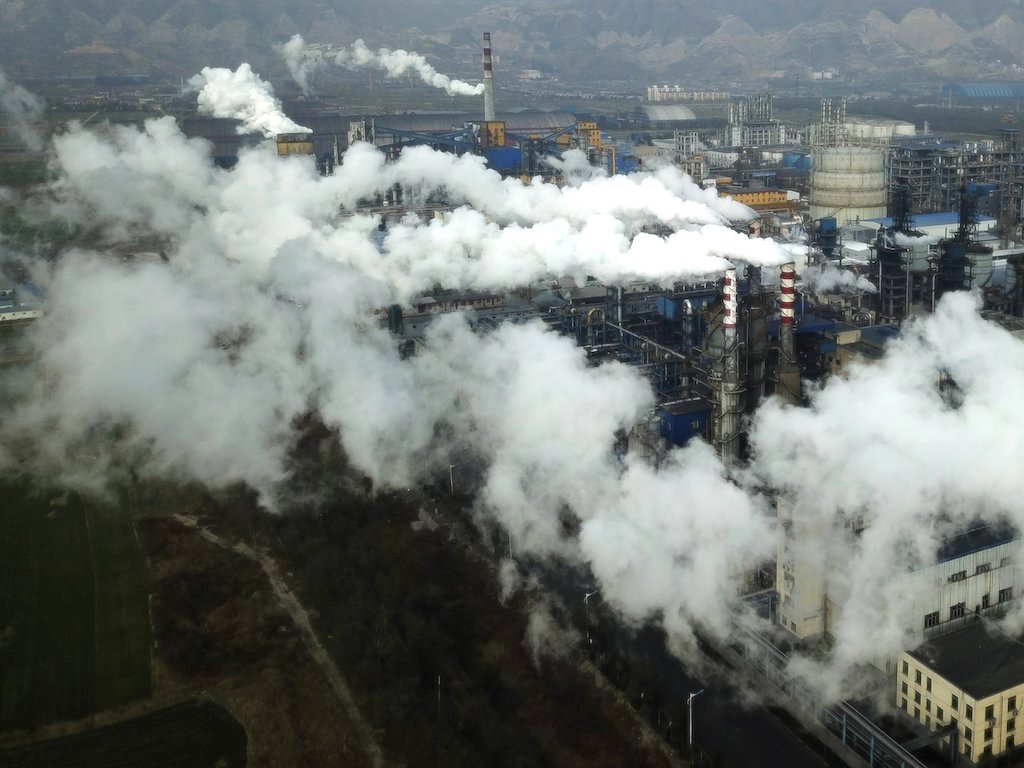4 Mins Read
More than half of the world’s biggest companies are making their net-zero transition too slowly to meet the 2050 deadline, a new report finds. The analysis, which examines carbon neutral financing, points to inadequate investment into the transition as the primary barrier, particularly from carbon-intensive industries and emerging markets.
A new study has found that more than half are not making carbon neutral changes fast enough, putting their net-zero by 2050 goals in jeopardy. The new report, titled Zeronomics and released by banking giant Standard Chartered, tracked the senior leadership of 250 global firms and 100 investment specialists, says that most companies are still delaying significant action until after 2030, making the next few years a “lost decade” in terms of progress.
In a poll, more than a third of business leaders (34%) said that the “most progress” in terms of climate action will take place between 2030 and 2040. An even larger percentage – almost 4 in 10 (37%) – said that action would take place the decade after that, between 2040 and 2050.
Many senior company leaders also lacked conviction to commit to net-zero goals, with less than half (47%) saying that they fully supported the aims of the Paris agreement, despite making public climate pledges.

A majority cite funding as an obstacle and carbon-intensive industries and emerging-market companies struggle the most.
Bill Winters, Group Chief Executive, Standard Chartered
“Our survey reveals that most companies intend to transition to net-zero by 2050 but have yet to take the action needed to get there,” said Bill Winters, group chief executive of Standard Chartered.
Most of the survey participants acknowledged that they are unlikely to meet their climate goals, with 55% agreeing that their companies are not transitioning fast enough for the 2050 deadline.
In terms of obstacles to progress, researchers found that the biggest challenge is financing, with 85% of firms requiring high levels of investment for their net-zero transition. Almost two-thirds of business leaders (64%) added that there is an “absence of affordable technology” to push forward climate-friendly changes.
Around 3 in 5 senior executives also reported lack of support from their investors as a significant reason for hampered progress, but perhaps the biggest short-term impediment remains the Covid-19 crisis, which has “forced many businesses to focus on immediate survival”.
“A majority cite funding as an obstacle and carbon-intensive industries and emerging-market companies struggle the most,” commented Winters.

Despite the hurdles, action needs to be swift.
Bill Winters, Group Chief Executive, Standard Chartered
However, as the climate emergency continues to intensify, experts and scientists have reiterated that there is simply no time to lose to prevent the most damaging consequences that will result from delayed action – which will, in the medium-to-long run, place a dent on companies’ profit margins.
In a 2020 study published in Nature Communications, German climate experts found that delaying expensive climate action is counterintuitive and will lead to additional costs, from the rise in socio-political unrest and conflict, to damage caused by more frequent climate-related disasters, such as flooding, drought and wildfires.
“Despite the hurdles, action needs to be swift. We must act now, and we must act together: companies, consumers, governments, regulators and the finance industry must collaborate to develop sustainable solutions, technologies and infrastructure,” said Winters.
Among some of the measures that the Standard Chartered research outlined as the most effective ways to push companies to speed up action include greater demand from trading partners for net-zero operations, stronger shareholder activism and investor scrutiny, as well as a global carbon tax.
Business leaders also cited the need for standardised net-zero measurement frameworks to make climate reporting easier, as well as cost savings from sustainable practices, as accelerators for their net-zero transition.
Lead image courtesy of Sam Mcneil / Associated Press.




